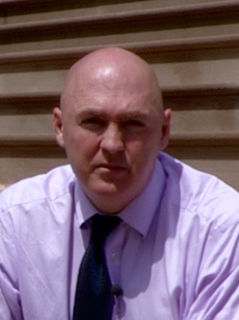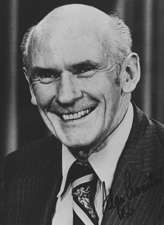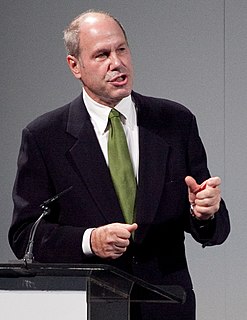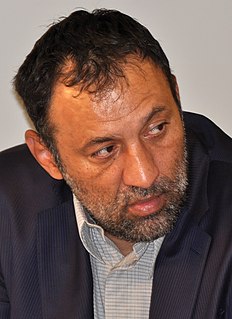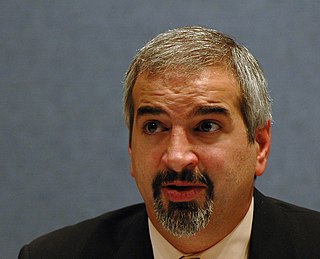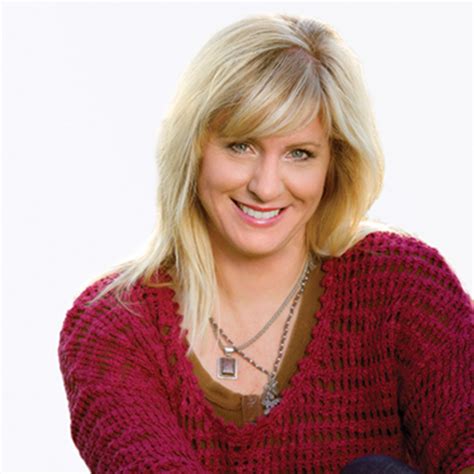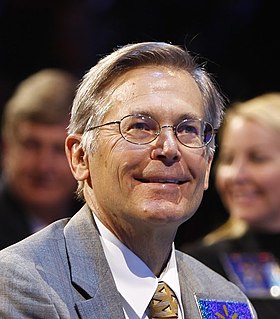A Quote by Geraldine Brooks
I think I'm still chewing on my years as a foreign correspondent. I found myself covering catastrophes - war, uprising, famine, refugee crises - and witnessing how people were affected by dire situations. When I find a story from the past, I bring some of those lessons to bear on the narrative.
Related Quotes
Never think that wars are irrational catastrophes: they happen when wrong ways of thinking and living bring about intolerable situations ... the root causes of conflict are usually to be found in some wrong way of life in which all parties have acquiesced, and for which everybody must, to some extent, bear the blame.
I'd gotten myself into a kind of journalism that wasn't really compatible with rearing an infant. I'd been a foreign correspondent for a long time and had this subspecialty in covering catastrophes. It had spoiled me a little because you have a tremendous amount of autonomy, and I couldn't really see being an editor in an office.
Years later, I found myself running
a network television division and then a
movie studio and now an entire entertainment
company. But, much of the success I've achieved
can be traced to the direct and metaphorical
lessons I learned in building those campfires.
I can hardly think of an aspect of my life
that wasn't positively affected by my camping
experience.
Over the years, my books have been given a lot more credence than they should. I don't think people should take them quite that seriously. They're not a theological treatise; they were never intended to be. I find myself in awkward situations sometimes because people think I'm some great authority on spiritual warfare, but I'm not. I never have been.
I wanted to tell the story of these women and the war in the Congo and I couldn't find anything about them in the newspapers or in the library, so I felt I had to get on a plane and go to Africa and find the story myself. I felt there was a complete absence in the media of their narrative. It's very different now, but when I went in 2004 that was definitely the case.

